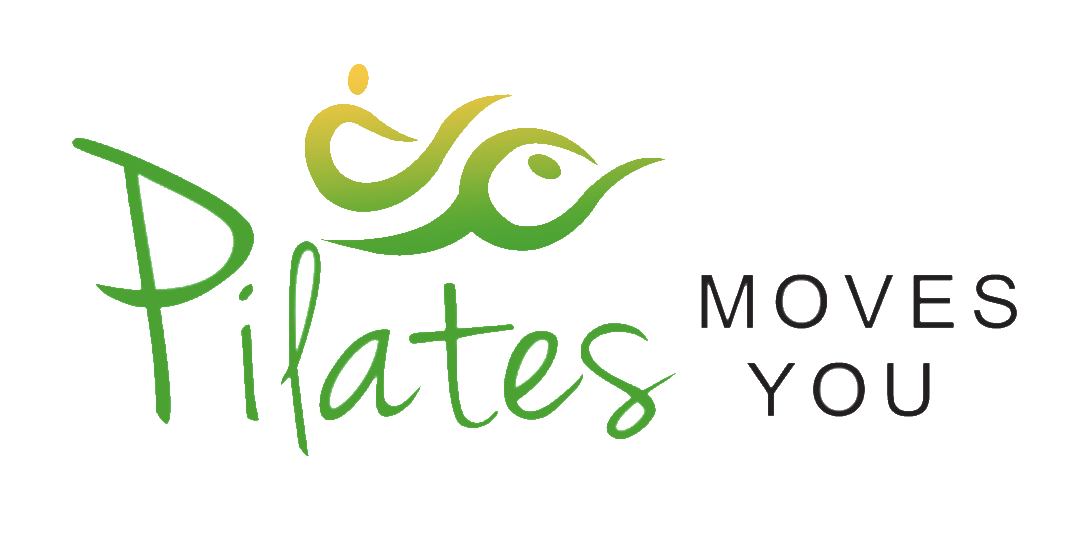Welcome to our blog
We’re thrilled to have you here and can’t wait to share our journey with you.
This space is dedicated to exploring a myriad of topics, offering insights, and sparking conversations. Whether you’re here for inspiration, information, or just a good read, we’re committed to providing you with content that resonates.
-
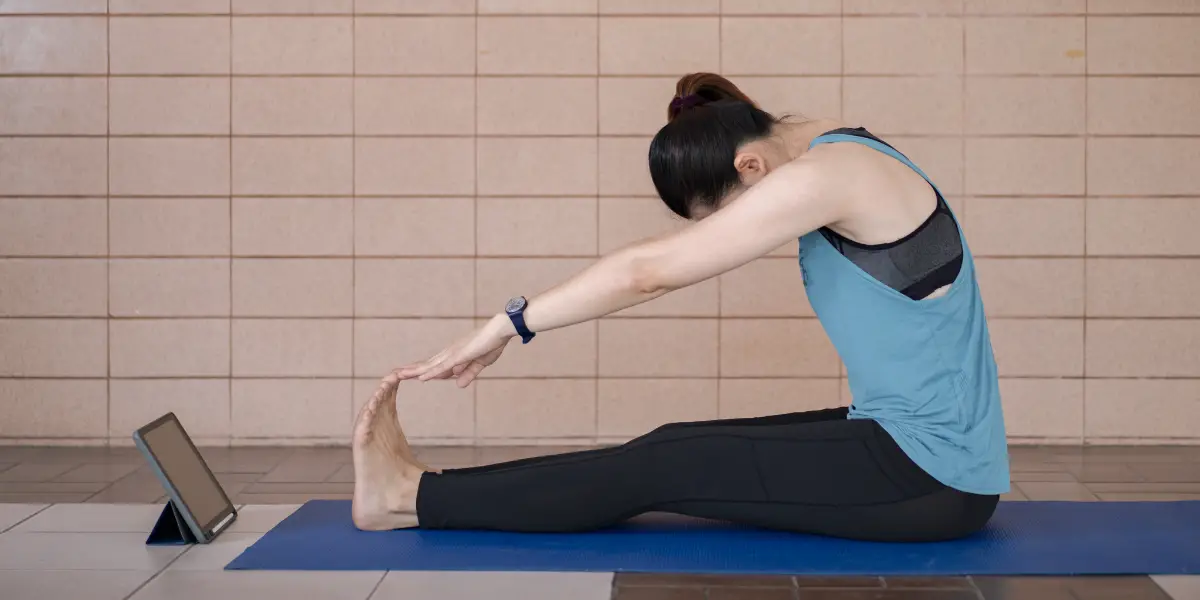
Can’t Do a Pilates Roll Up? Here’s What To Do
If you’re like many people, the Pilates roll up is a bit of a struggle. Don’t worry, you’re not alone. Even Pilates pros need help from time to time.
-
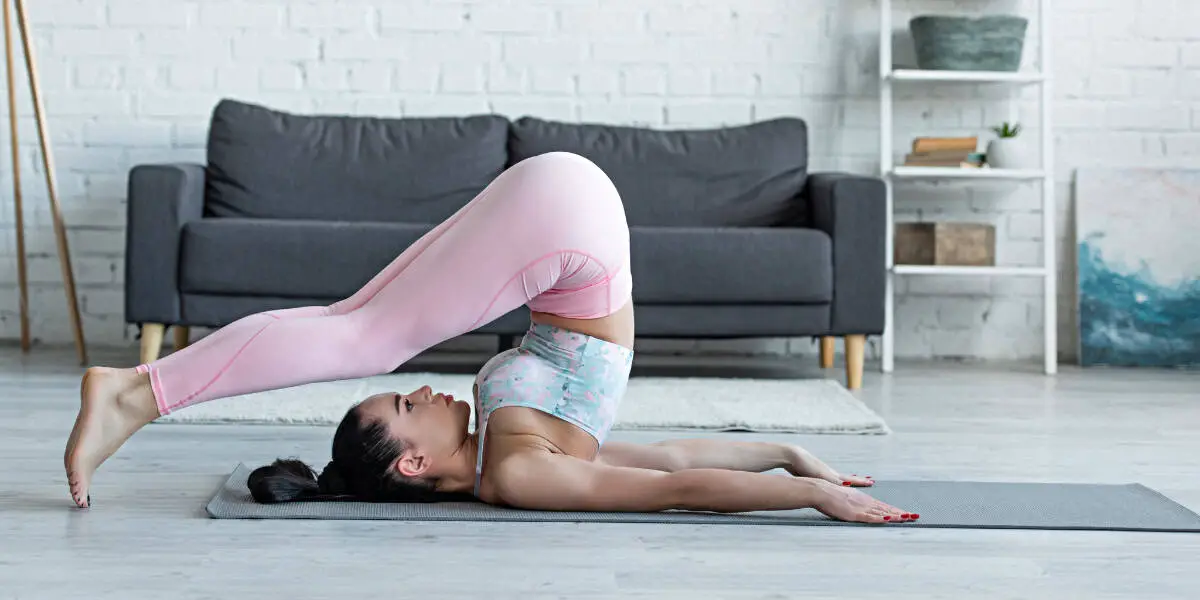
The Connection Between Increased Flexibility and Reduced Risk of Injury
Ever wonder why some people seem to stay injury-free while others end up with chronic pain? The answer could be found in one simple solution: increased flexibility.
-
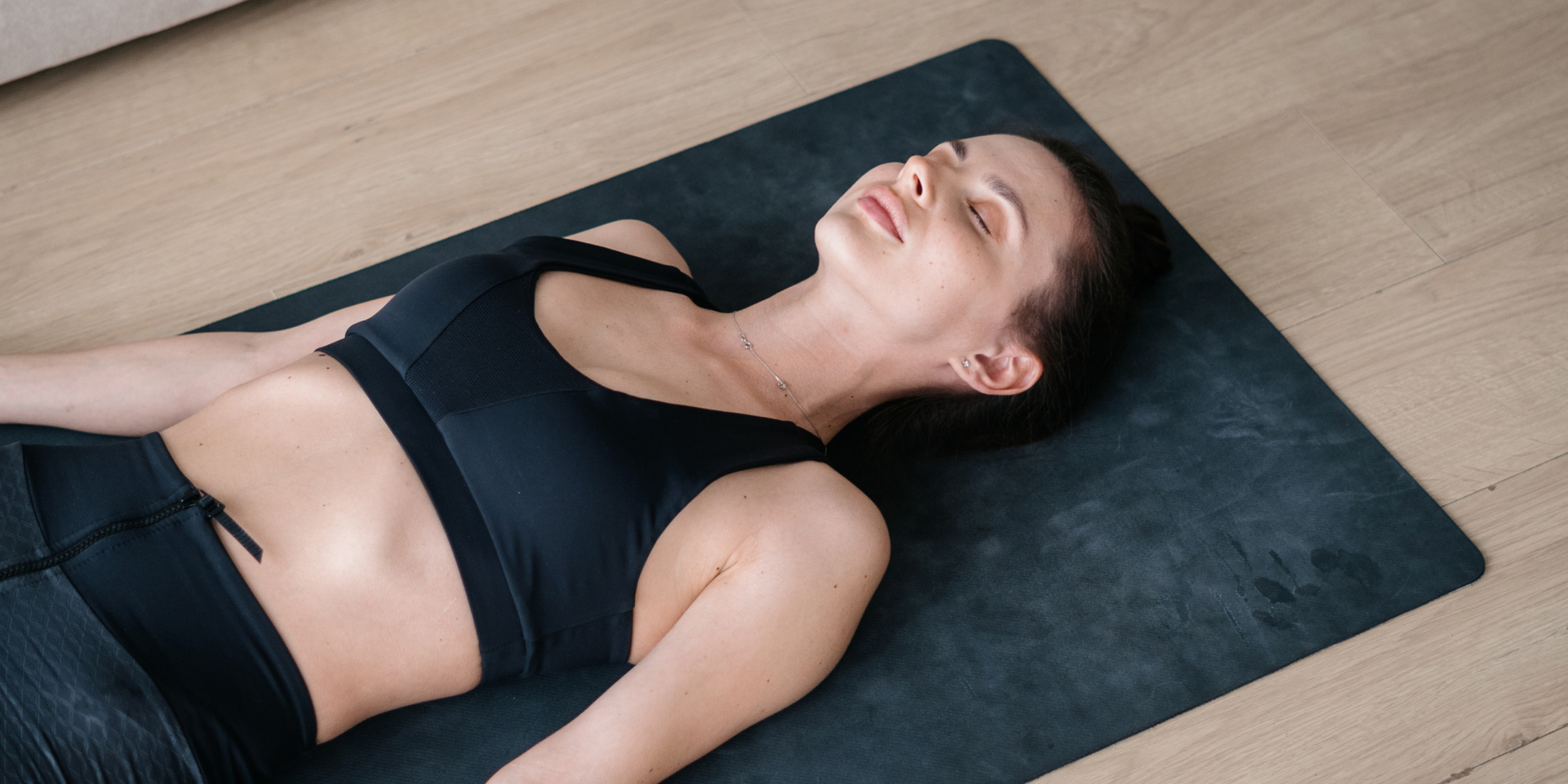
The Powerful Connection Between Mindfulness and Pilates
Mindfulness is increasingly popular as a way to reduce stress and increase focus. But does the combination of Pilates and mindfulness offer further benefits?
-
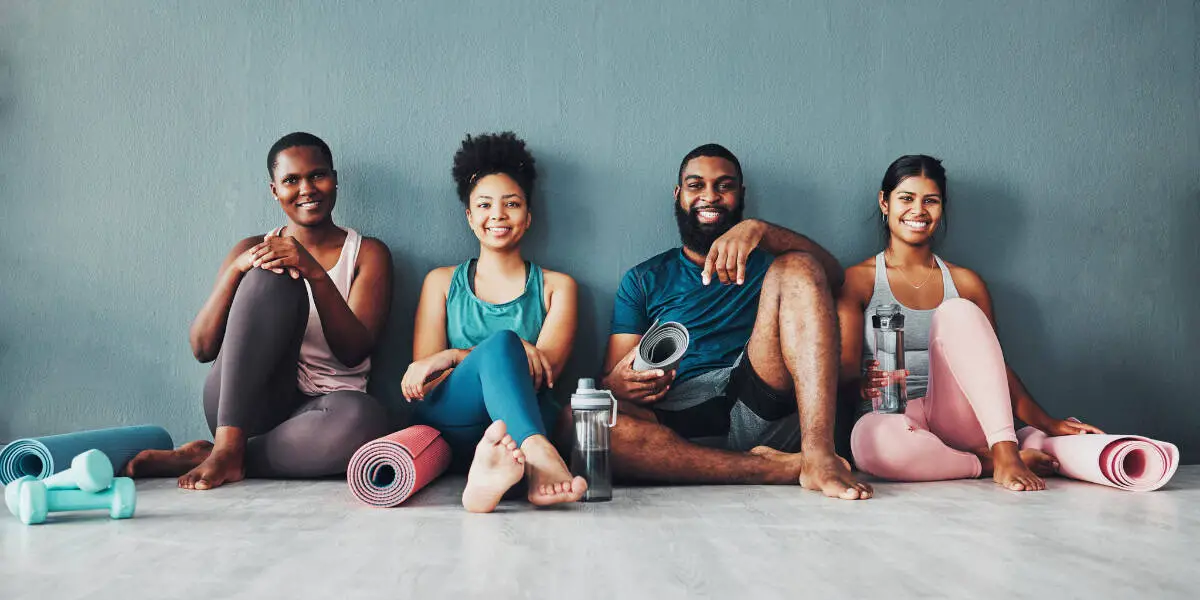
Mind Over Mat: How Pilates Can Boost Mental Health and Well-Being
Why do so many people feel so good after a Pilates session? What is it about this low-impact workout that can have such an impact on our mental state?
-
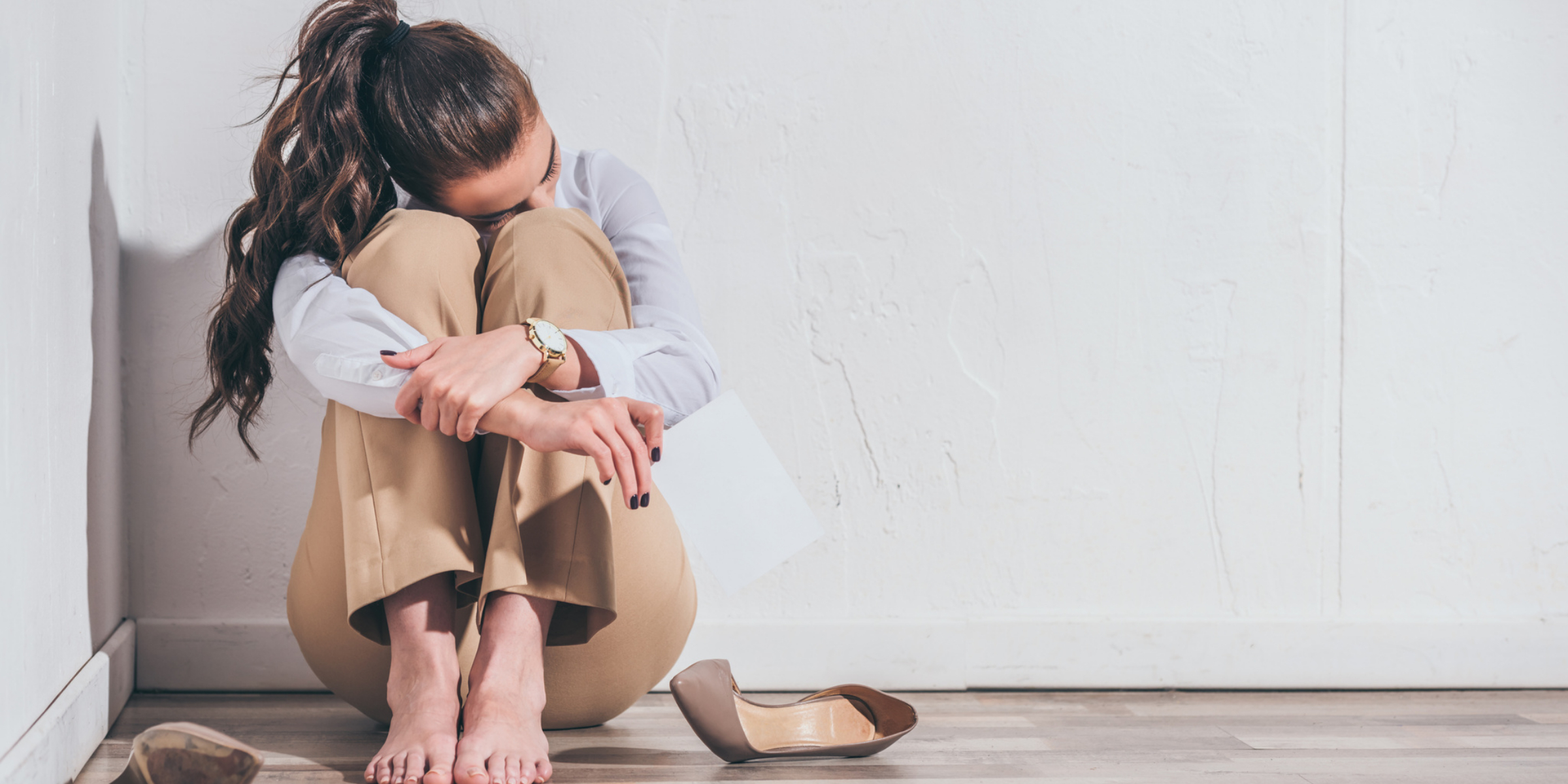
The Powerful Link Between Pilates and Anxiety Relief
In this article, I’ll explain why Pilates is so effective at reducing stress and anxiety, as well as how it can help you manage your emotional health.
-
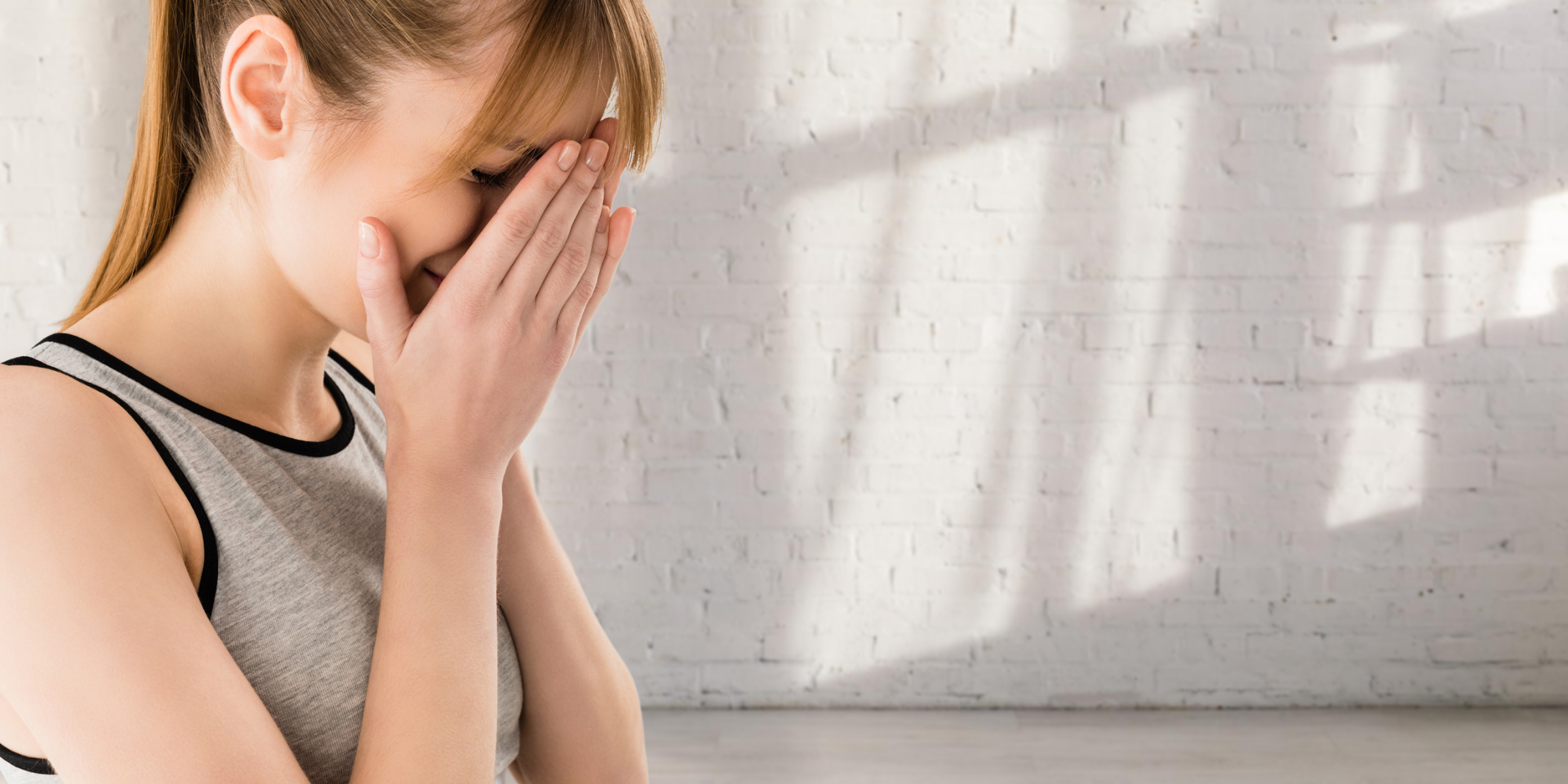
Why do I cry after Pilates?
Have you ever felt like crying after a Pilates session? Many experience emotional releases during exercise. It may sound strange, but it is actually quite common.
-
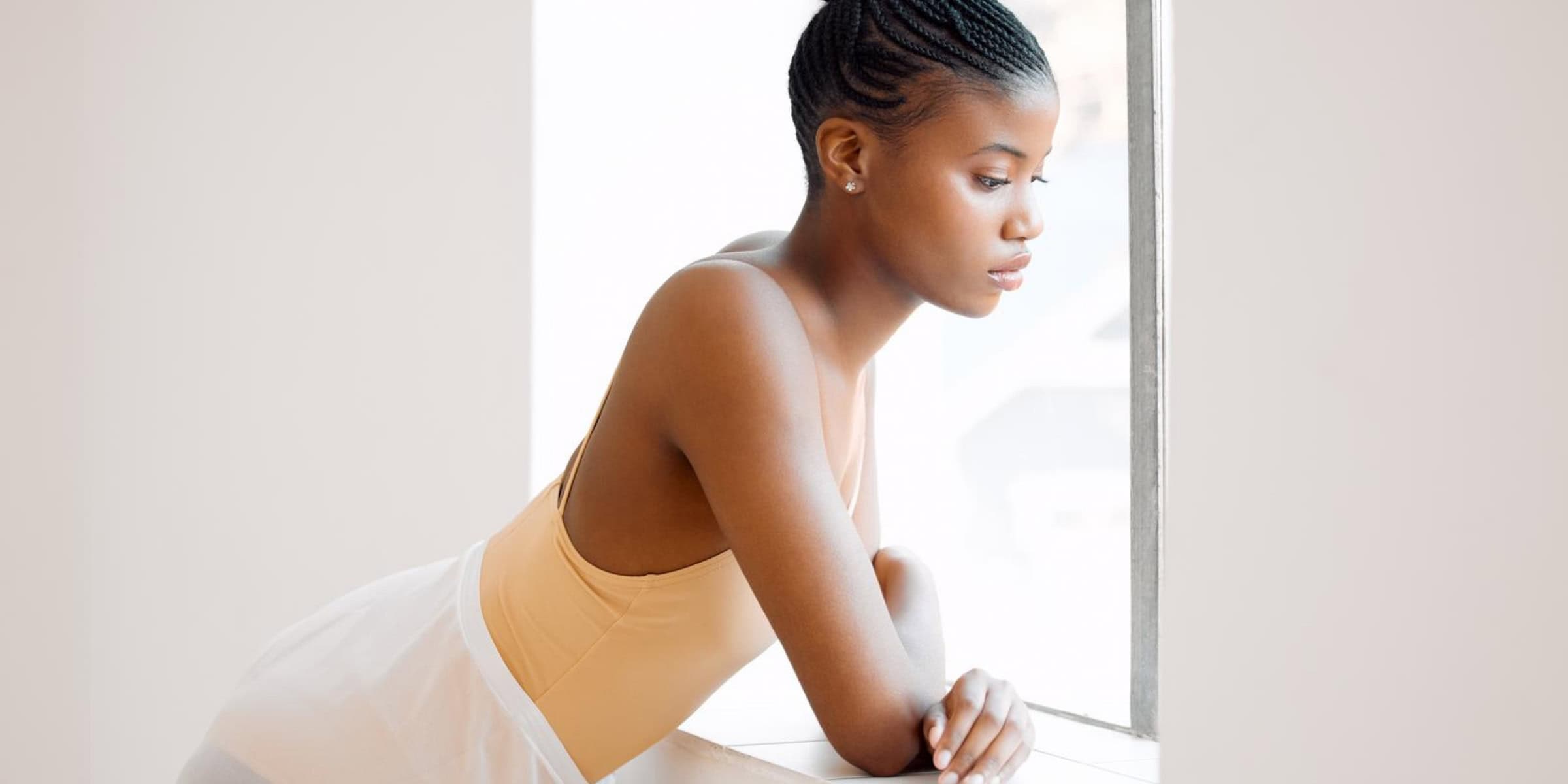
From Blues to Bliss: How Pilates Can Help Combat Depression
Let’s explore the potential benefits Pilates may have on depression and how it cana be used to help manage symptoms and improve your quality of life.
-
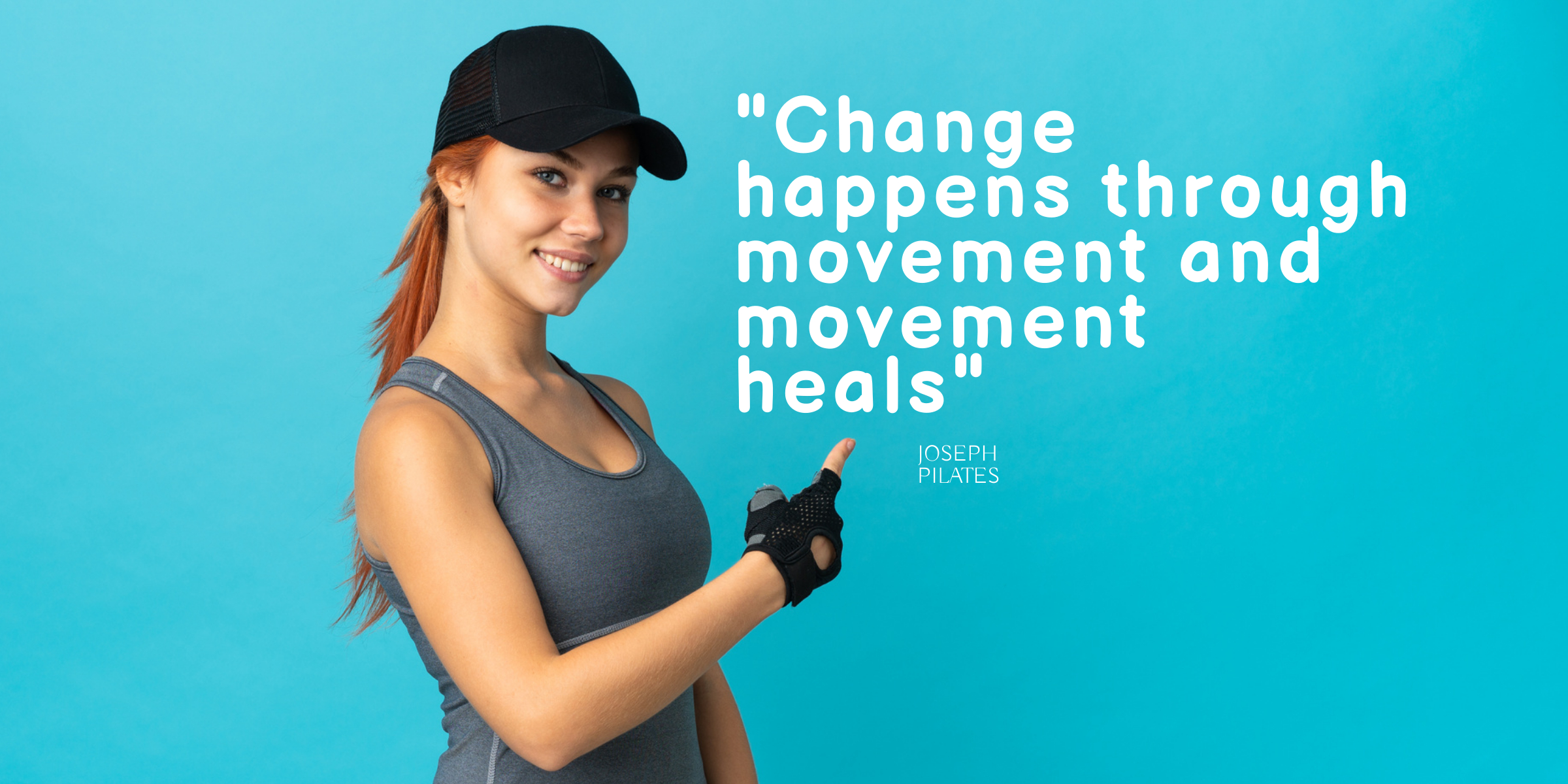
Find Your Movement Zen: How Pilates is a Powerful Tool for Self-Care
Pilates and self-care go hand in hand, providing numerous benefits to both the body and mind. So how does Pilates benefit well-being?
-
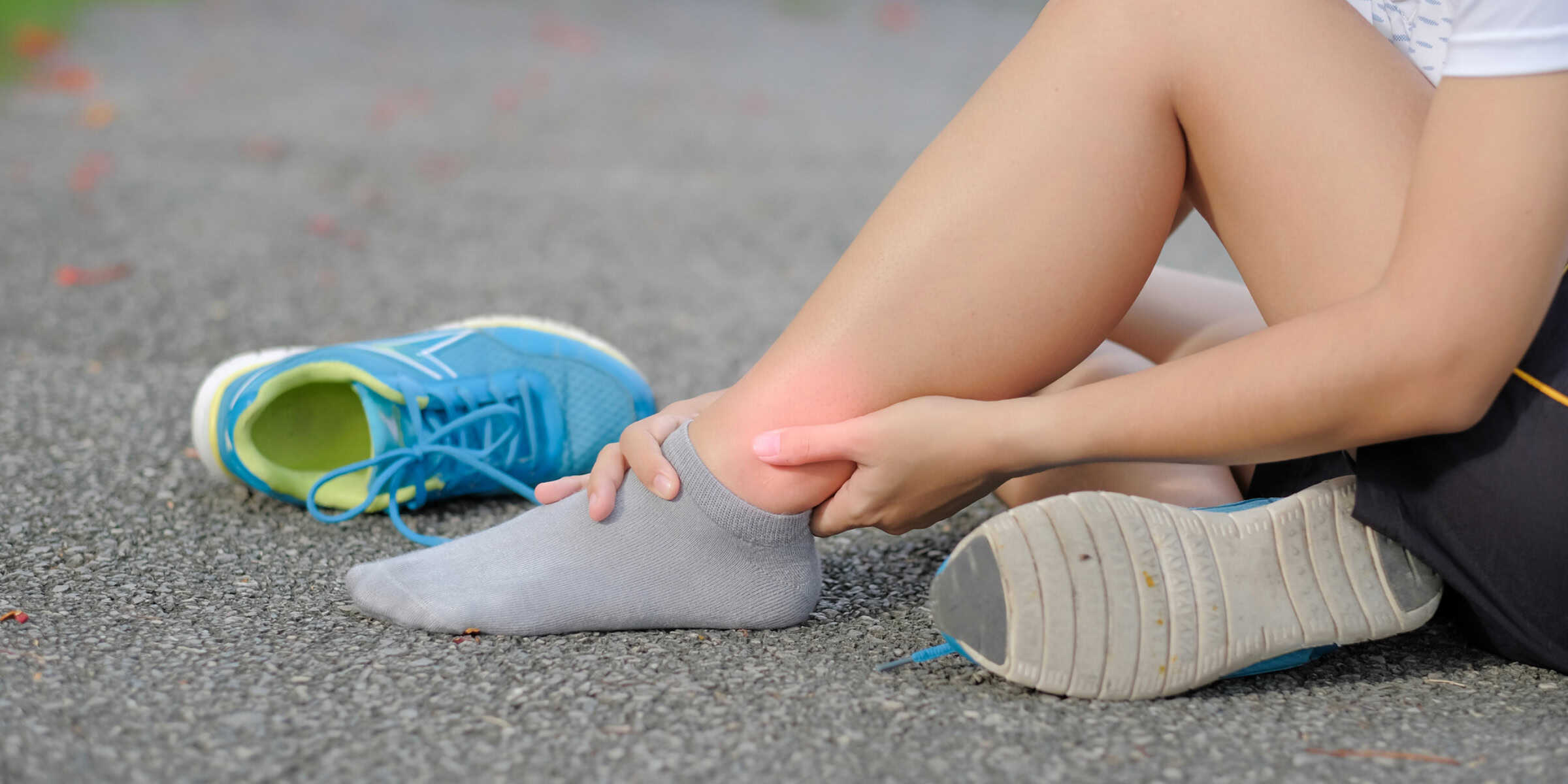
Move with Ease: Discover How Pilates Supports and Protects Your Joints
Are you looking for a way to protect your joints and keep them healthy? Pilates can be an effective tool for supporting joint health.
-
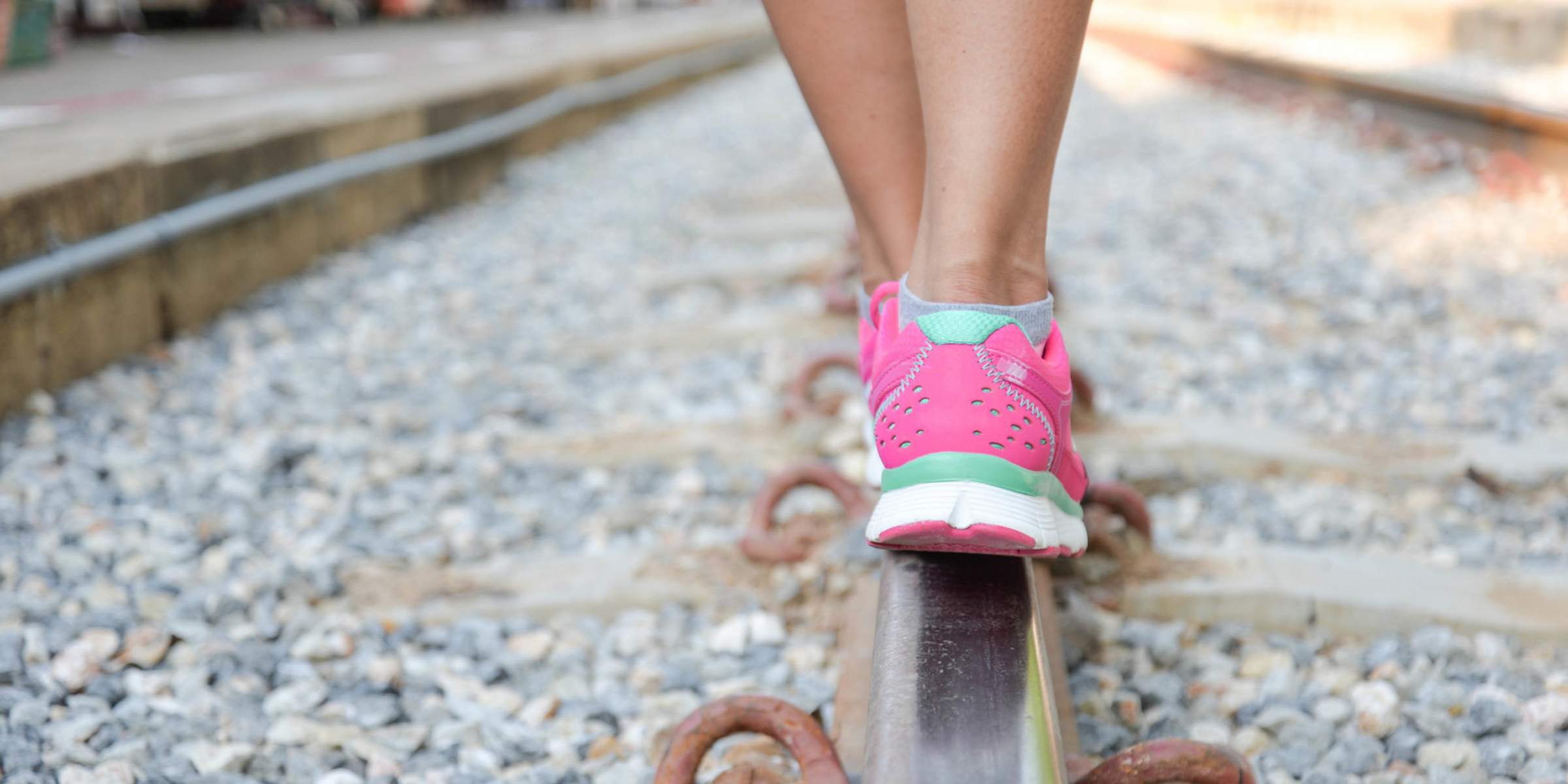
Pilates: Improve Your Balance and Stability
Have you ever wondered how Pilates can help improve your balance and stability? Can this type of exercise really make a difference in overall strength and coordination?
